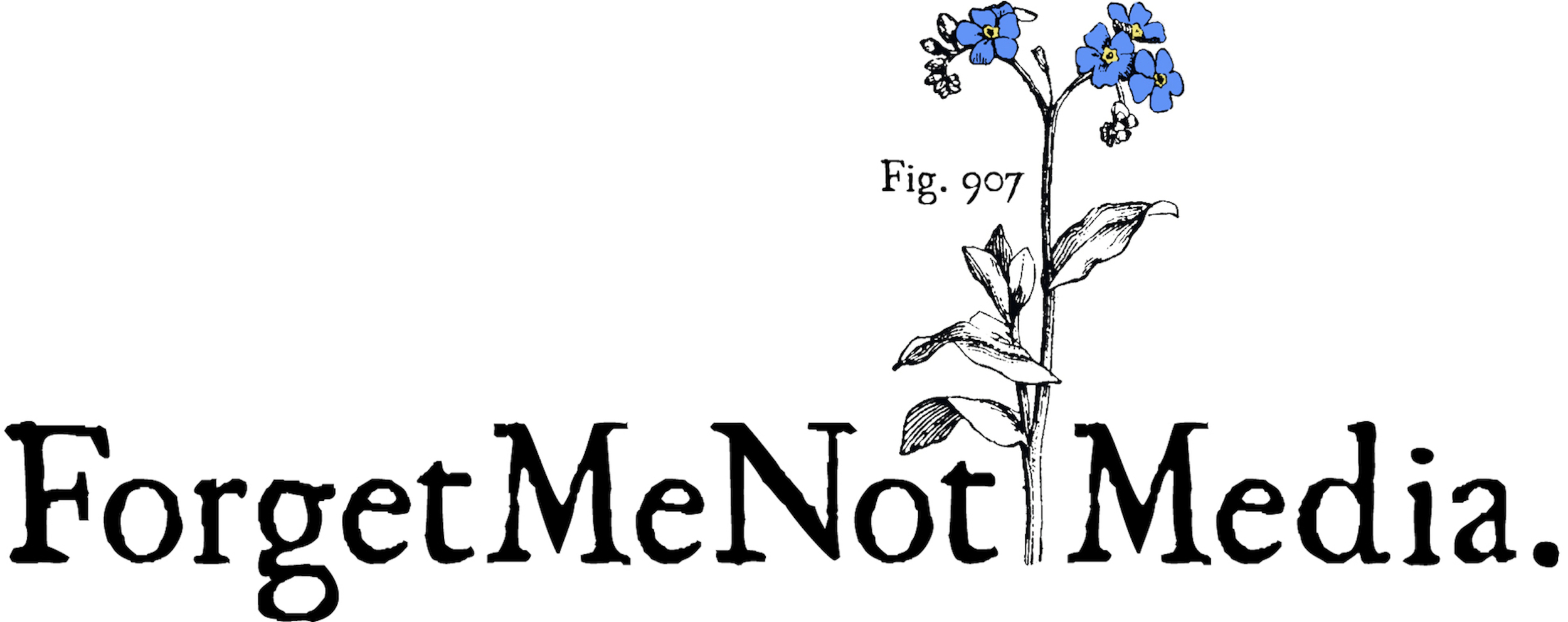How We Respond - Climate Change Documentary Stories & Solutions - Sheridan County, Kansas
I wanted to share this film now because I think all my good friends and family in Colorado could use a film that makes them feel a bit warmer! (I admit to the irony here since this is a film series on global warming, but regardless of all the crazy nay-sayers out there, a snow fall is not evidence that global warming is a hoax!) Looking out the window at 20 inches of snow in my front yard, watching steam rise up from a fresh cup of coffee, honestly makes me feel as happy as a kitten with a fresh bowl of milk…but…looking back at this film I can’t help but be warmed up remembering sweating profusely as we followed and filmed Brett Oelke at work on his family farm in Kansas. As I had my second baby boy three days after this epic documentary project started, I was staying closer to home as the lead editor on this series, so I didn’t get to go on all of the shoots. That being said, I did get to help film the section with Brett in this film, and it was a blast! Brett is such a knowledgeable farmer, and the community lead initiative to reduce water usage on the farms in Sheridan County is truly inspiring. Essentially, farmers came together with a little nudge from the state, to reduce their water usage by 30%, thereby extending the life of the Ogallala aquifer from which they all pull irrigation water. Bretts farm is something like 20,000 acres, and I believed he described it as being a smaller sized farm in the area. So, you can only imagine how all that water adds up. Because of irrigation, the Ogallala aquifer which sits under many states, is depleting faster than it can be recharged. Predictions for all the states that pull water from the Ogallala are for drier more erratic rain patterns, so conserving water in these areas is necessary, and a no brainer. I was really moved by Brett’s desire to look ahead and preserve water so that his kids would have the same opportunity he had: to take over the now third generation farm and make a living farming.
Now, I am a huge advocate for changing the way we farm. big ag, and the techniques of the so called green revolution have been depleting our earth of healthy topsoil for too long. These techniques provided what seemed like a big bump in productivity about 40 years ago, but the information at the time was incomplete, and these techniques set us up for a huge problem. As chemical fertilizers were applied to crops, as tilling was accelerated, and as mono-cropping came to dominate the landscape, carbon from our soils leached into the atmosphere, life-giving biodiversity in our soils died off, and topsoil blew away so that we no longer have land that is capable of growing plants with out tons of carbon inputs. We built a cliff that we’re running towards at full speed! So, many big shifts are needed, and you can learn so much more about how we can make some of these big shifts here: https://regenerationinternational.org/why-regenerative-agriculture/ I do have to say that Brett is doing way more than just conserving water on his land. Things like no til agriculture can have a huge positive impact on the health of our land and soil, so a big kudos to Brett and other farmers exploring techniques of regenerative agriculture! I feel lucky to have seen the impact this group of farmers in Sheridan County is having on water conservation, as it feels like a really positive shift, and I hope the film inspires you to do what you can! Stay warm, stay motivated, plant a victory garden where your lawn is, try your hand at composting, take the light rail instead of driving, donate to a fund that empowers women’s education in developing nations…just get after this global challenge in whatever way you’re able, and we can make a big change! Cheers!

